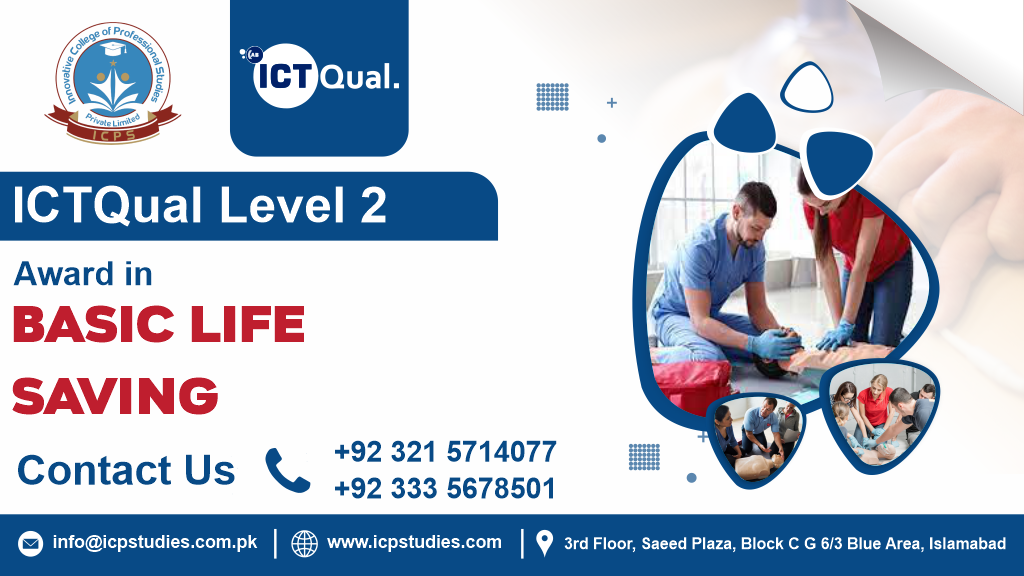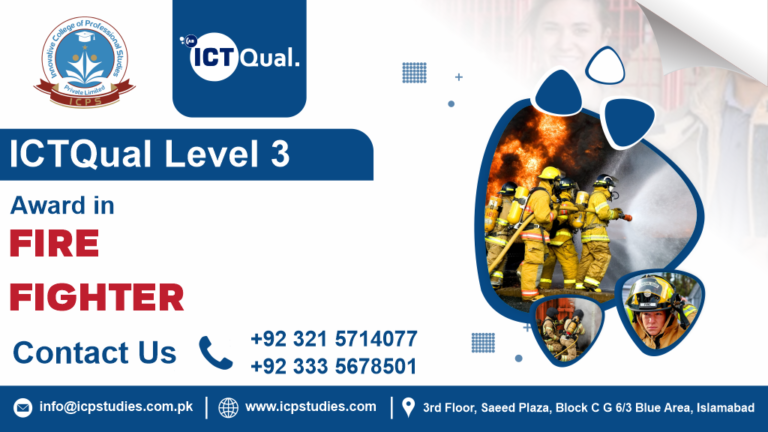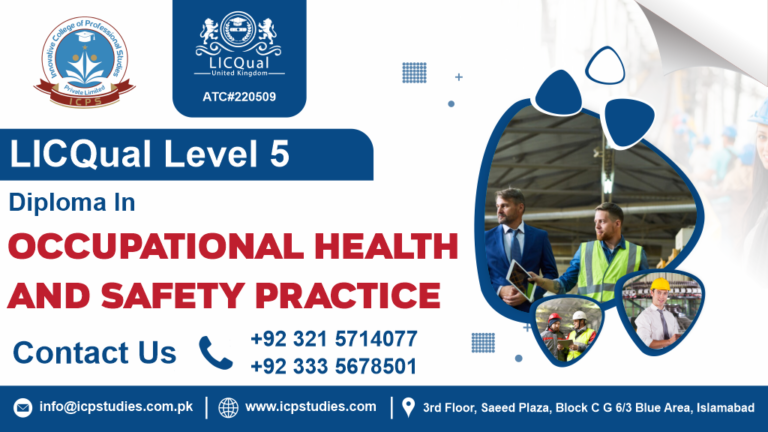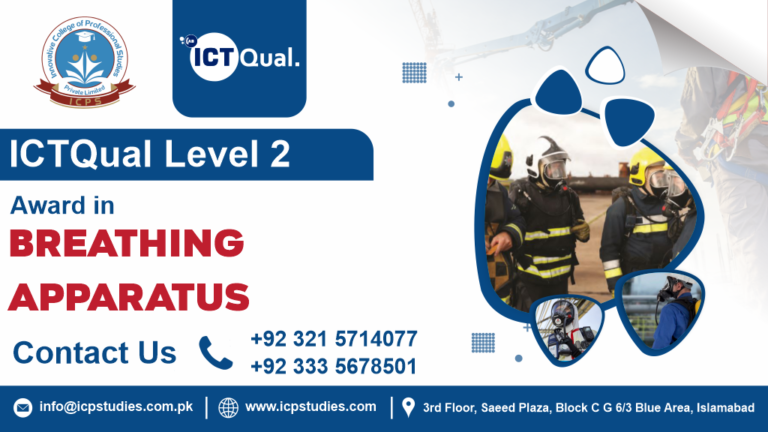In moments of crisis, having the skills to respond swiftly and effectively can mean the difference between life and death. The Level 2 Award in Basic Life Saving stands as a beacon of hope and readiness, equipping individuals with the fundamental knowledge and techniques needed to save lives in emergencies. Whether you’re a healthcare professional, a concerned citizen, or someone looking to make a meaningful difference in your community, this certification offers invaluable training that empowers you to act confidently during critical situations.
The Level 2 Award in Basic Life Saving is a structured training program designed to provide participants with essential life-saving skills. This certification covers a range of crucial techniques and knowledge required to respond to medical emergencies effectively, stabilize patients, and initiate care before professional medical help arrives.
The Level 2 Award in Basic Life Saving is more than just a certification—it’s a commitment to readiness and preparedness in the face of emergencies. Whether you’re learning these skills to protect your loved ones, fulfill a professional requirement, or simply to be a helpful bystander in times of need, this training empowers you to be an everyday hero. By investing in this certification, you equip yourself with the knowledge and skills to make a life-saving difference when it matters most. Together, we can build safer communities and ensure that help is always within reach.
All About ICTQual Level 2 Award in Basic Life Saving
Course Overview
The Level 2 Award in Basic Life Saving is a certification program designed to equip individuals with essential skills and knowledge to respond effectively to medical emergencies and potentially save lives. This structured training course covers fundamental techniques and protocols for providing immediate care and support to individuals experiencing medical crises before professional medical help arrives.
The Level 2 Award in Basic Life Saving is essential training for anyone who wants to be prepared to respond to medical emergencies effectively. By completing this certification, individuals gain the knowledge and skills necessary to act swiftly and confidently in critical situations, making a significant difference in the outcomes of medical emergencies. Whether you’re looking to advance your career in healthcare, fulfill a workplace requirement, or simply be a capable responder in your community, this training equips you to be a crucial link in the chain of survival.
Study Units
- Cardio-Pulmonary Resuscitation (CPR)
- First Aid Basics
- Injury Management
- Emergency Response Protocols
- Basic Life Saving Rules
Admission Criteria
The Level 2 Award in Basic Life Saving course is designed for individuals who are interested in acquiring essential life-saving skills and knowledge to effectively respond to medical emergencies. This course is particularly suitable for:
- Healthcare Professionals: Nurses, doctors, paramedics, and other healthcare providers who require certification in basic life support as part of their professional development or regulatory requirements.
- Workplace First Aiders: Employees designated as first aiders in workplaces, schools, and public venues where immediate response to medical emergencies is critical.
- Community Members: Concerned citizens, parents, teachers, and community leaders who want to be prepared to respond to emergencies in everyday settings, such as at home, school, or public spaces.
- Security and Safety Personnel: Security guards, lifeguards, and safety officers responsible for public safety and emergency response who need basic life-saving skills to protect and assist individuals in emergencies.
- Volunteers and Caregivers: Individuals volunteering in community organizations, caregiving roles, or disaster response teams who may encounter medical emergencies and need to provide immediate assistance.
- Anyone Interested in Personal Preparedness: Individuals who recognize the importance of being prepared for emergencies and want to learn life-saving techniques to help themselves and others in times of need.
Benefits of Taking the Course:
- Empowerment: Gain confidence and competence in administering basic life support interventions like CPR, using AEDs, and providing first aid.
- Potential to Save Lives: Acquire skills that can make a critical difference in saving lives during emergencies, whether at home, work, or in public settings.
- Career Enhancement: Improve employability and career prospects, especially in roles requiring first aid and emergency response skills.
- Community Contribution: Contribute positively to community safety and well-being by being a trained responder ready to assist in medical emergencies.
Ideal Candidate
Entry requirements for the Level 2 Award in Basic Life Saving course typically include:
- Minimum Age: Candidates are usually required to be at least 16 or 18 years old, depending on the training provider and regional regulations. This age requirement ensures that participants have the maturity and responsibility to handle emergency situations.
- Educational Background: There are generally no specific educational qualifications required to enroll in the course. However, a basic understanding of reading, writing, and comprehension in the language of instruction (often English) is beneficial for understanding course materials and instructions.
- Physical Fitness: While participants do not need to be athletes, a certain level of physical fitness is important. This ensures that candidates can perform CPR and other physical aspects of first aid without difficulty. Some training providers may require candidates to meet basic physical fitness standards or undergo a physical fitness assessment.
- Health Requirements: Candidates are typically required to declare their general health and fitness to participate in the course. This may include disclosing any medical conditions or physical limitations that could affect their ability to perform first aid procedures safely. In some cases, a medical clearance may be required, especially if the course involves physical activities.
- Language Proficiency: Proficiency in the language of instruction (usually English) is essential to understand course materials, follow instructions during practical training sessions, and communicate effectively in emergency situations.
- Background Checks: Depending on the nature of the training and the policies of the training provider, candidates may be required to undergo background checks, including criminal record checks. This ensures the safety and trustworthiness of individuals participating in the course, especially if they will be working with vulnerable populations or in sensitive environments.
- Additional Requirements: Some training providers may have additional requirements, such as completion of a basic first aid course or CPR certification. These prerequisites ensure that candidates have foundational knowledge or skills before enrolling in the Level 2 Award in Basic Life Saving course.
Learning Outcome
Cardio-Pulmonary Resuscitation (CPR)
- Skills Mastery: Gain proficiency in performing CPR techniques on adults, children, and infants, including chest compressions and rescue breaths.
- AED Use: Learn to effectively operate automated external defibrillators (AEDs) to deliver timely shocks and restore normal heart rhythms during cardiac arrest.
- Scenario Application: Apply CPR and AED techniques in simulated scenarios to improve response times and decision-making under pressure.
First Aid Basics
- Assessment Skills: Develop the ability to assess emergency situations and prioritize care based on the severity of injuries or conditions.
- Wound Care: Learn proper techniques for cleaning, dressing, and bandaging wounds to prevent infection and promote healing.
- Burns and Fractures: Understand how to manage burns, fractures, and other common injuries using appropriate first aid measures.
Injury Management
- Immediate Care: Acquire skills to provide immediate care for various types of injuries, including bleeding control, immobilization of fractures, and treating shock.
- Medical Emergencies: Recognize signs and symptoms of medical emergencies such as heart attacks, strokes, and allergic reactions, and take appropriate action.
- Documentation: Learn to accurately document injuries, treatments administered, and patient responses for medical records and reporting purposes.
Emergency Response Protocols
- Response Coordination: Understand the roles and responsibilities within an emergency response team or as a lone responder, ensuring effective communication and coordination.
- Scene Management: Gain knowledge of managing the scene of an emergency, including crowd control, scene safety, and resource allocation.
- Ethical Considerations: Learn to navigate ethical dilemmas and legal considerations when providing emergency care and interacting with patients and bystanders.
Basic Life Saving Rules
- Prioritization: Understand the importance of quick assessment and immediate action in life-threatening situations, adhering to established protocols.
- Safety Precautions: Implement basic life-saving rules to minimize risks to oneself and others during emergency interventions.
- Continuous Improvement: Reflect on practice and participate in ongoing training to maintain and enhance life-saving skills and knowledge.
These learning outcomes collectively prepare individuals undergoing the Level 2 Award in Basic Life Saving training with the essential knowledge, skills, and competencies needed to respond effectively to medical emergencies, provide immediate care, and potentially save lives.
FAQs about ICTQual Level 2 Award in Basic Life Saving







